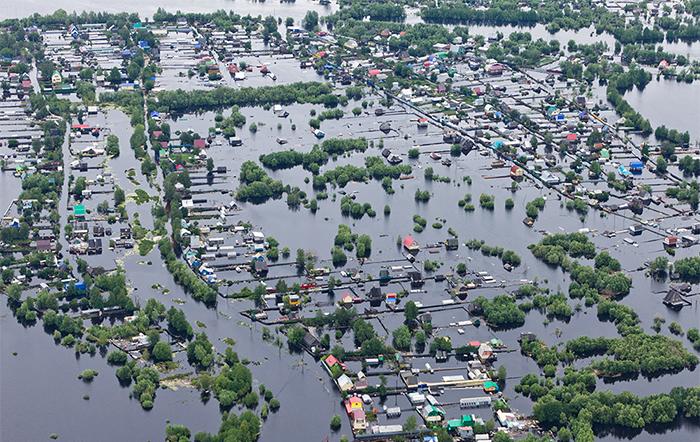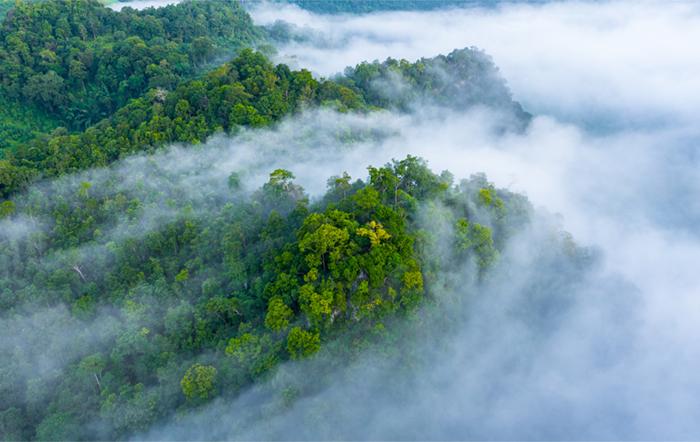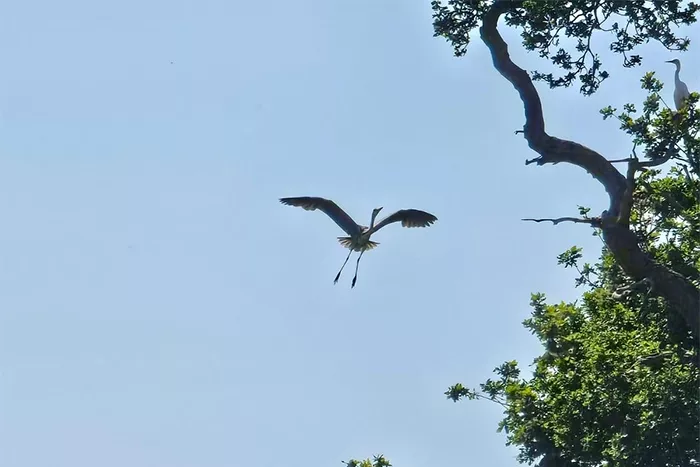Tabina Manzoor, a Kashmiri student, researcher, and environmentalist currently pursuing an MSc in Water Science, Policy, and Management at SoGE, served as a student co-moderator at Oxford’s recently concluded Right Here Right Now Global Climate Summit, where she also gave an opening address at the Sheldonian Theatre.
News
Building a better future for women by improving water in Kenyan schools
Timed to co-incide with International Women's Day, researchers from REACH together with the USAID Sustainable WASH Systems Learning Partnership have published a new report on the status of school water, sanitation and hygiene (WASH) services in Kitui County, Kenya. The report aims to challenge the inequality in delivering safely-managed water to Kenyan schools, which affects girls, their future prospects and wider society.

How Green Is The New U.K. Budget? Climate Experts Deliver Their Verdict
Article in Forbes includes expert reaction from Laurence Wainwright, departmental lecturer and a course director at the Smith School of Enterprise and the Environment, and John Rhys, visiting senior research fellow at the Environmental Change Institute.

Raise capital charges for 'climate risky' assets, experts tell UK ahead of COP26
Influential policy experts have urged UK rulemakers to update banks' capital charges to incorporate environmental risks. Article on Responsible Investor features Dr Ben Caldecott's new report calling for assets with high environmental risk to be subject to higher capital charges.

SoGE celebrates International Women's Day 2021
In honour of International Women's Day 2021 SoGE celebrates 100 years of Women At Oxford by profiling 18 inspiring women and sharing their insights on what's next for the higher education sector.

Why has the UK's COVID death toll been so high? Inequality may have played a role
Professor Danny Dorling explores why the UK's COVID death toll been so high in an article in The Conversation. Inequality may have played a part in why the UK has reported the worst pandemic outcome of any large country in the world.

Africa looks likely to continue relying on power from fossil fuels for some time
Galina Alova and Dr Philipp Trotter discuss, in The Conversation, their recently published study showing that, within this decade, there is currently limited evidence for a quick transition to renewables in Africa.

COP26: Mark Carney accused of 'greenwashing' ahead of UK climate summit
The government faces questions over Mark Carney's role in this year's climate talks after his claims that the company where he works has "net zero" emissions were dismissed as "greenwash", writes The Times. With comment from Ben Caldecott, Director of the Oxford Sustainable Finance Programme.

Mark Carney Walks Back Brookfield Net-Zero Claim After Criticism
By describing Brookfield's $600 billion portfolio as carbon neutral, a key climate-finance leader provoked a backlash by questioning what 'net zero' really means, writes Bloomberg Green. With comment from Ben Caldecott, Director of the Oxford Sustainable Finance Programme.

Major International Collaboration to Develop Next Generation Global Flood Model
"EvoFlood: The evolution of global flood hazard and risk" is a new £3.7m project that aims to revolutionise our understanding of flood risk. The project, involving the University of Oxford and led by the University of Hull and the University of Southampton, represents a collaborative endeavour of 9 UK universities, as well as multiple national and international end-user organisations.

'Must it be a man?' An examination of women's contribution to the University of Oxford
Dr Elizabeth Baigent, University Reader in the History of Geography and SCIO Senior Tutor, discusses the forthcoming online centenary conference, how it will explore the rich variety of women who have helped to shaped Oxford into what it is today and how you can attend.








